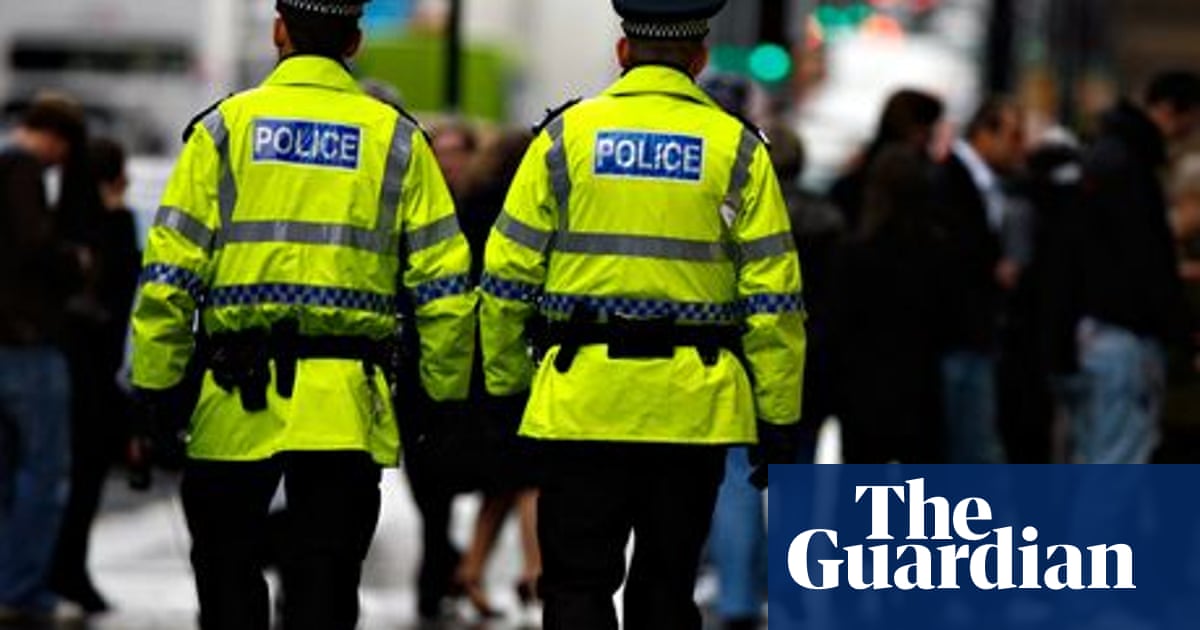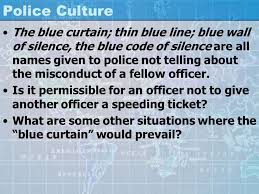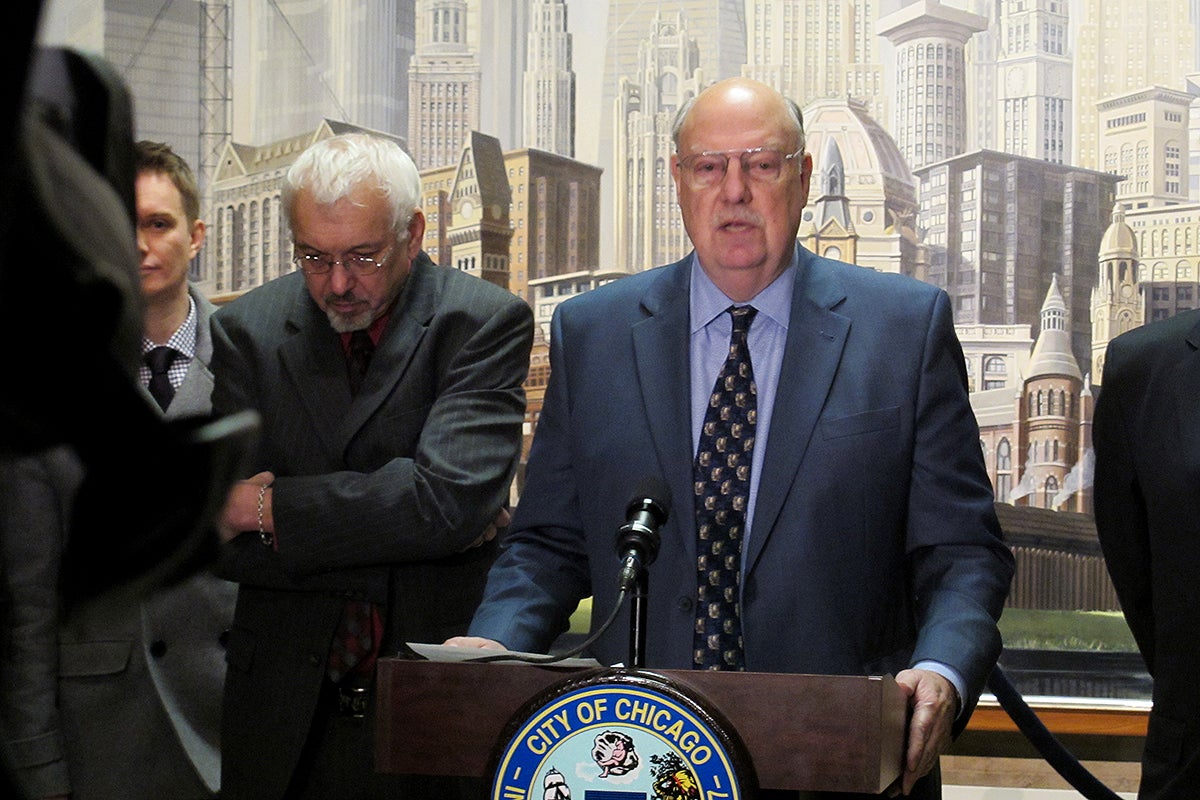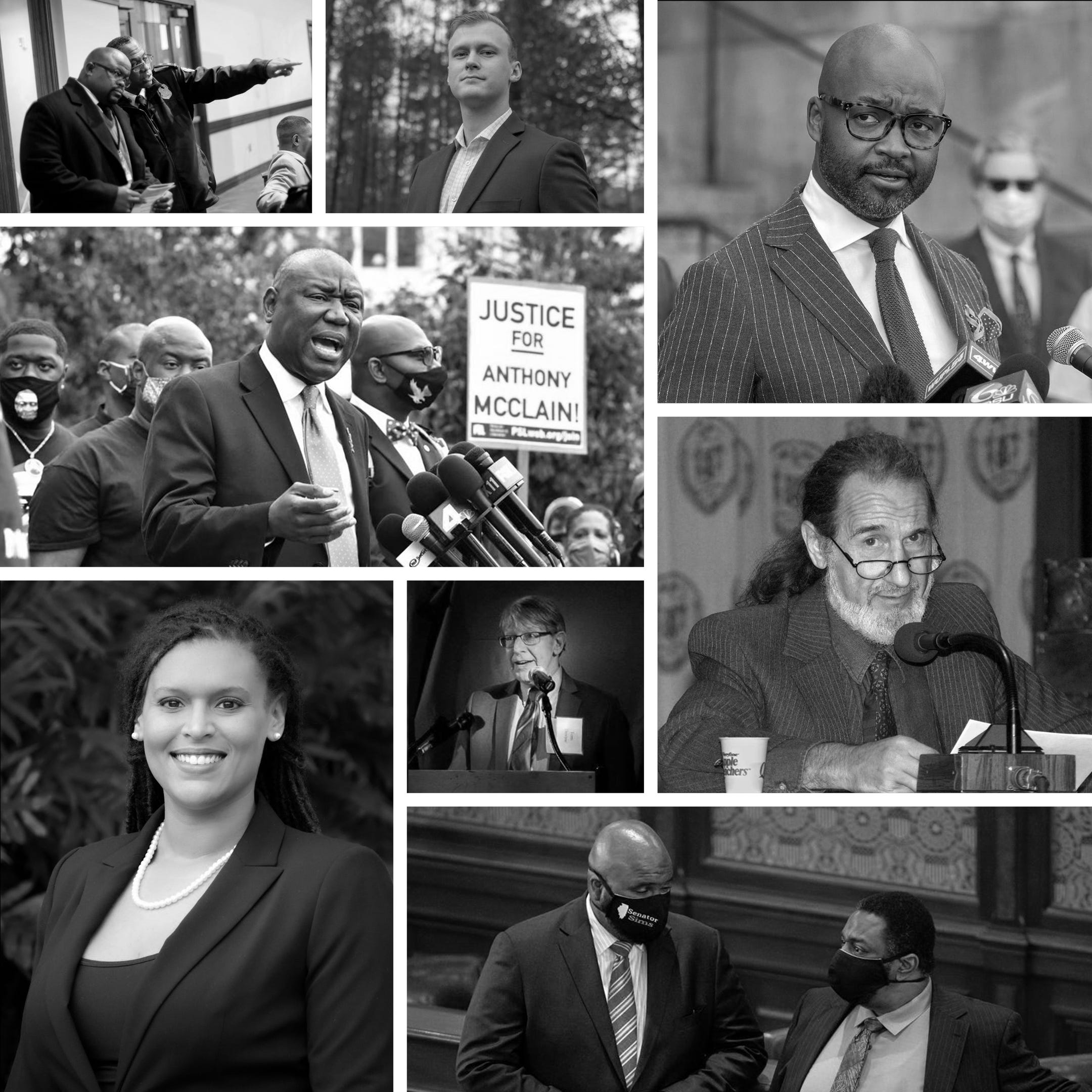The "blue wall of silence" is a term used to describe the reluctance of police officers to report or speak out about misconduct or wrongdoing within their own department. This phenomenon is often attributed to a strong sense of loyalty and solidarity among police officers, as well as a culture of secrecy and distrust of outsiders, particularly the media and the legal system.
One reason for the existence of the blue wall of silence is the strong bond that exists among police officers. Police work can be demanding and dangerous, and officers often rely on their colleagues for support and protection. This sense of solidarity can be a positive force, helping officers to work together effectively and providing a sense of belonging. However, it can also lead to a reluctance to speak out against wrongdoing, even when it is witnessed firsthand.
Another factor contributing to the blue wall of silence is the culture of secrecy within many police departments. Police officers are often encouraged to keep certain information confidential, particularly when it comes to ongoing investigations or sensitive cases. This culture of secrecy can make it difficult for officers to speak out about misconduct or wrongdoing, even if they are concerned about the actions of their colleagues.
Additionally, there is often a sense of distrust among police officers towards outsiders, particularly the media and the legal system. Many officers feel that they are unfairly portrayed in the media and that the legal system is biased against them. This can create a sense of paranoia and reluctance to speak out, even when faced with evidence of wrongdoing.
The blue wall of silence can have serious consequences, both for the individuals involved and for the public at large. When officers fail to report misconduct or wrongdoing, it can allow the behavior to continue unchecked, potentially leading to more serious offenses. It can also erode the trust and confidence of the public in the police, as it can appear that officers are more concerned with protecting their own interests than with upholding the law.
Overall, the blue wall of silence is a complex and multifaceted phenomenon that is rooted in the culture and dynamics of police departments. While there is no easy solution to this problem, it is important that steps be taken to address it. This may include increased training and accountability measures, as well as efforts to foster a culture of transparency and openness within police departments.
The Blue Wall of Silence: Law Enforcement Whistleblowers Face Severe Retaliation

From the first day on the job to the last, every officer is supposed to count on one another for support. The paper "Rationale and Motivation for Overt ethical Policy" discusses that mental discord in managers arises out of a conflict in 'what they believe' and in 'what they practice' Ingram. One of the most well known studies of the police personality is that of Jerome Skolnick. Organizational culture can have a negative impact on the ethics of criminal justice and on police misconduct. Police officers, alternatively, ought to use the least power doable to realize its mission in addition to the power utilized ought to be appropriately motivated. Public debates, conversations, and academic research are all part of the occupational culture of police Kleinig, 2001. The people who we count on to enforce these rules in the United States are the police.
The Blue Wall of Silence and Police Culture

Whether the department is a large metropolitan force or a two-man rural outpost, whether a majority of the force is white or mostly minorities in charge, whether with or without unions, retaliation is everywhere. . Esqueda was one of only 30 officers, out of 700,000, who was willing to sign a letter to Congress urging lawmakers to pass protections for police whistleblowers. Whistleblowers find yourself being threatened and remoted by fellow cops following the blue code of silence. Behind the Blue Wall of Silence: Essay. Therefore, the culture within the police department has made the ethics of the police upright and morally justified John, 2010.
Free Example Of The Blue Wall Of Silence And Police Culture Essay

Police officers discover it arduous to keep up an in depth relationship with massive organizations, subsequently, feeling protected and much less threatened. Directors drastically encourage or quite contribute to the code of silence by retaliating in opposition to the whistle-blowers by informing the accused officer concerning the officer who got here ahead. Put another way, when loyalty to one another trumps dedication to justice and individual rights in the minds of officers, abuse will not only happen, it will be tolerated and thus implicitly encouraged. Victoria, Australia: Melbourne University Publishing, Limited. The city is an agriculturally based area in the center of the state. Some police misconduct is critical and could result in suspension, demotion or dismissal Johnson, 2016. .
Example Of The Blue Wall Of Silence And Police Ethical Culture Essay

There are both internal and external aspects to procedural justice in policing agencies. . . Police culture in the society today is more discriminatory, the poor and the less fortunate are the ones who suffer in the hands of policemen, yet they never receive justice. The honesty, misconduct, and policing of a police department are all analyzed considering the "Blue Wall of 3 Silence" and police culture. Not only the police officers involved in brutality, murder, and drug dealing will be punished under this law, they will also be put on trial like a common civilian. When there is a lack of trust in the system, when employees believe there will be retaliation, and when they think reporting has no value, they are less likely to report.







